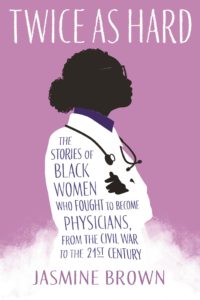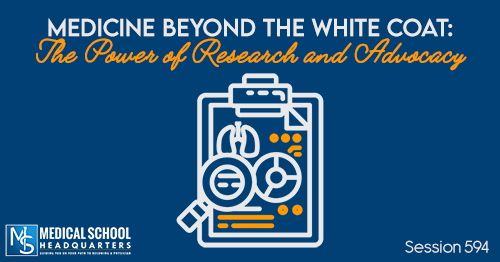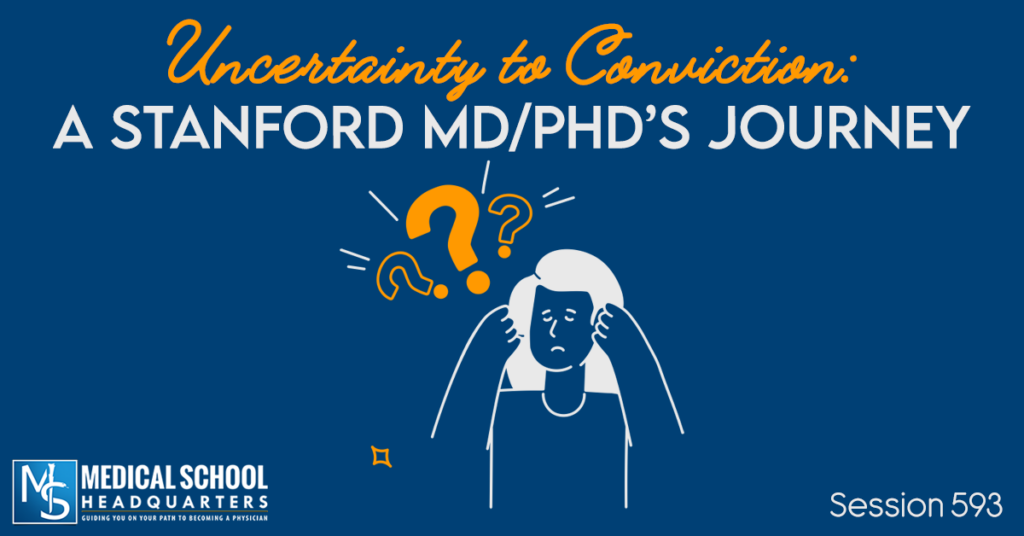February is Black History Month in the US, making it a perfect time to celebrate Black physicians and learn more about the history of medical racism. This list contains more books than you can probably read in a month, but you should take the effort to learn the lessons shared in these books into your life year-round.
Black Man in a White Coat: A Doctor’s Reflections on Race and Medicine by Damon Tweedy
Black Man in a White Coat* explores the difficulties and contradictions faced by Black physicians and patients alike. Tweedy discusses the cultural and social reasons for the prevalence of certain diseases among Black patients and tells the captivating stories of real patients.
The Health Gap: The Challenge of an Unequal World by Michael Marmot
The Health Gap* explores the phenomenon of health and life expectancy discrepancies in different locations and communities. Marmot attempts to explain the root causes behind these inequities and explores possible solutions.
Caste: The Origins of Our Discontent by Isabel Wilkerson
Caste* is deeply-researched and narratively captivating. Wilkerson explores the often-ignored and undiscussed caste system in the US. Understanding the systems working your patients’ lives will help you to better understand the difficulties they face and the influence that has on the way your patients and colleagues view the world.
Fearing the Black Body: the Racial Origins of Fat Phobia by Sabrina Stings
Fatphobia can have devastating consequences in the doctor’s office. Patients who experience weight stigma must fight much harder and longer for adequate care. In order to fully understand fatphobia, it’s important to understand the roots as well as the present-day effects. Stings* explores how white supremacy and anti-blackness ked to the prioritization of thinness above all else, and the consequences in present day.
Under the Skin: The Hidden Toll of Racism on American Lives and on the Health of Our Nation by Linda Villarosa
Under the Skin* discusses the reality that Black people in America live shorter and less healthy lives than their white counterparts in the same locations. She first became known for her article on maternal and infant mortality and is now expanding those conversations to the entirety of healthcare in America.
Twice as Hard by Jasmine Brown

Jasmine Brown was featured in 2022’s MappdCon, where she talked about the barriers she faced entering medicine as a young Black woman. In her book Twice as Hard*, she celebrates her predecessors who paved the way for her to be where she is now. We’re so happy to see Jasmine speaking up and creating spaces for those who will come after her.
The Immortal Life of Henrietta Lacks by Rebecca Skloot
Rebecca Skloot* tells the story of Henrietta Lacks, the woman behind the HeLa cells. Many medical discoveries have been made at the expense of Black men and women, and the story of Henrietta Lacks is no exception. By learning more about these stories we can help to ensure that we don’t repeat medical research’s dark history.
Medical Bondage: Race, Gender, and the Origins of American Gynecology by Dierdre Cooper Owens
Similarly to The Immortal Life of Henrietta Lacks, Medical Bondage discusses cases in which the bodies of Black women were used for medical advancement without their consent or respect for their humanity. This book is a dark but important look at the history of American gynecology.
Just Medicine: A Cure for Racial Inequality in American Health Care by Dayna Bowen Matthew
Matthew uncovers the ways in which implicit bias plays a key role in worse health outcomes for Black and brown patients. From the official synopsis: “In this book, she unites medical, neuroscience, psychology, and sociology research on implicit bias and health disparities with her own expertise in civil rights and constitutional law. In a time when the health of the entire nation is at risk, it is essential to confront the issues keeping the health care system from providing equal treatment to all.”
Hopefully, these books can serve as a starting point or continuation of your anti-racist education. Understanding the complex history of racism in the US and how it affects modern day will make you a better physician in the future.
Related Episodes
“I’m Proud of You Black Man” with Dr. Russel Ledet














